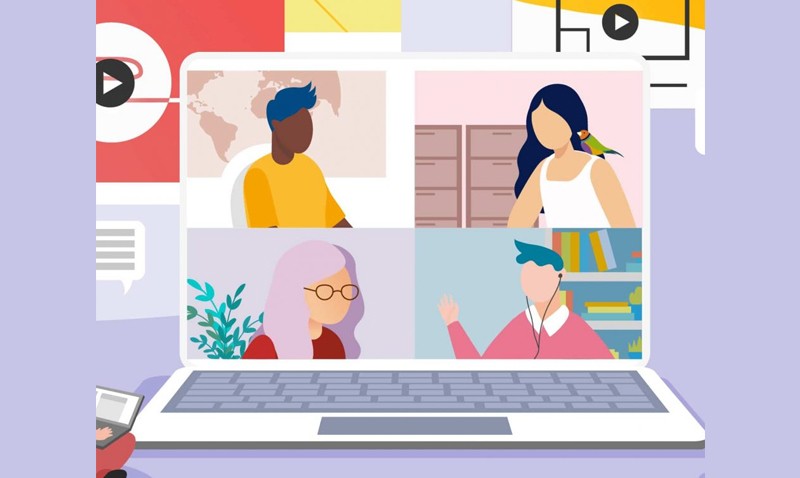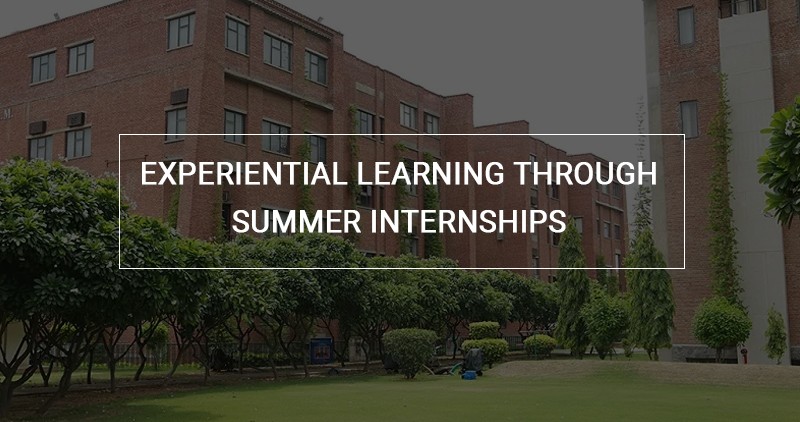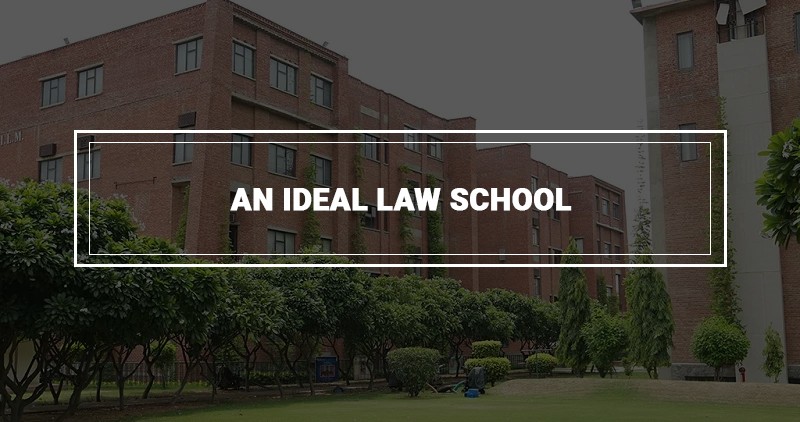The Bachelor of Business Administration or BBA course is a popular undergraduate degree choice for commerce students after they complete their 12th-grade board exams. With over 500 BBA institutes in India, it is safe to say that students desire to become BBA graduates with much vigour and enthusiasm. But what happens once you acquire your BBA? What employment is available or should be pursued after completing the BBA course from Delhi’s finest college?
The possibilities are many, but only one must be chosen. It’s also preferable if you make an informed selection. In this post, you will learn about the finest employment for BBA graduates in every area and some outstanding after-BBA courses if you want to pursue higher study.
What exactly is BBA?
BBA is a common undergraduate degree program. The course is open to students from all three disciplines: science, commerce, and arts. A three-year full-time BBA curriculum is divided into six semesters. Industry professionals establish the BBA curriculum to help students learn about many facets of business administration and management through classroom lectures and practical assignments such as internships. The course will introduce students to many elements of business administration, marketing, and so on.
BBA courses are in high demand among students because they offer them a thorough knowledge of the management abilities necessary to successfully operate a business or organization. It also assists in thinking more clearly about the various phases and business-running approaches.
Eligibility for BBA course
Students pursuing BBA courses must have particular abilities and complete specific eligibility requirements. Students who pursue a BBA degree will get significant management and business abilities. These criteria, however, differ from one college to the next. Students who have finished intermediate and are waiting for their results can apply for the course. Aspirants should be thoroughly educated about admissions eligibility, entrance tests, fee structure, and important dates. Students can continue reading to learn more about their eligibility.
Qualification for BBA course
BBA can be pursued by students who have finished their Class 12 in any stream from an accredited educational board or university. Candidates must have a minimum aggregate of 50% or above in Class 12.
Admission Procedure for BBA Course
Once a student decides to pursue the BBA course and get a degree in it, he/she just needs to follow a few steps to get admission for it:
1. Apply for the BBA course through a registered institution or IILM University online.
2. Wait for the call of the entrance exam for the course
3. Attempt the exam and get a 50% or above score in it.
4. Answer simple interview questions after the entrance exam.
5. Get shortlisted for the course
6. Enrol by paying the fees if the student’s name appears on the merit list.
Salary and Job Descriptions for BBA
BBA salary might range between INR 4 and 25 LPA. Interpersonal skills, a field of specialization, and knowledge in that industry are some criteria that influence BBA course employment and monthly income. For freshers, BBA job income per month may be slightly modest initially, but as candidates develop relevant experience and expertise, their remuneration after BBA may grow.
● Human Resources Manager – A Human Resource Executive’s (HR Executive’s) role includes ensuring that the organization’s policies, methodologies, and HR programs are managed and its objectives are aligned with professional benchmarks, state and federal administrative requirements, and regulations.3.75 lakh rupees.
● Marketing Executive – A Marketing Executive creates official statements and promotes the organization’s goods, performs and assesses competition research, and creates marketing program objectives, expectations, and outcomes.2.91 lakh rupees.
● Manager of Marketing – A Marketing Manager works with product managers to implement new/modified programs to build better strategies. A market research analyst’s tasks include developing market research studies, analyzing their findings, and making the most significant use of marketing programs and campaigns for the organization’s products and services. The expected salary for this position can be around 6.84 lakhs.
● Sales Manager – The Sales Executive is responsible for developing and implementing strategies to grow firm sales revenue and market presence.2.44 lakh rupees.
● Manager of Research and Development – A R&D Manager oversees and manages an organization’s development and research initiatives to suit the organization’s demands. The role of an R&D Manager is to look into the scope of research projects and guarantee that they are completed on time and in budget.
● The Bachelor of Business Administration, or BBA course from IILM University, serves as the basis for your management education and ensures a promising career with the potential for rapid advancement to a mid-level management position in a company.

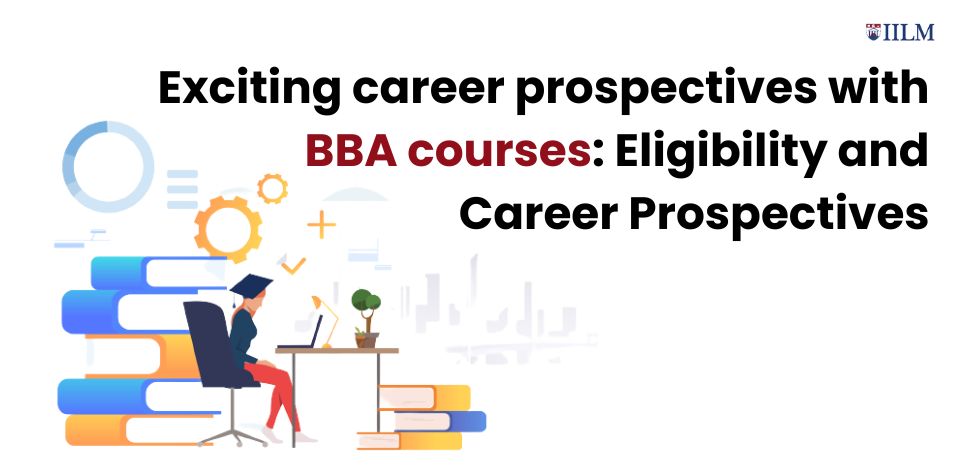

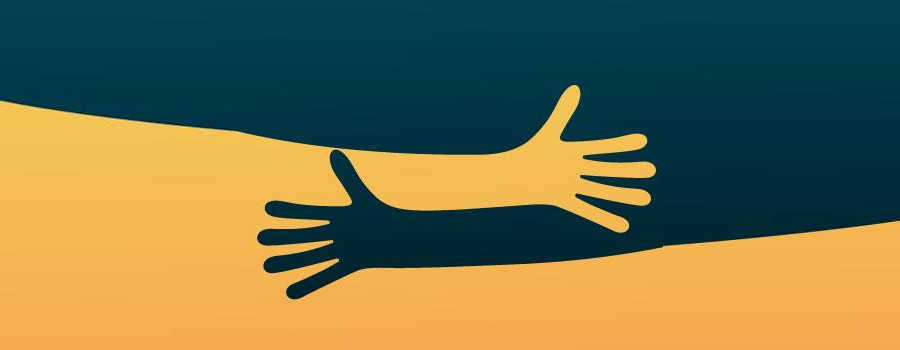

 Adopt a Furry friend, don’t know about you but, my dog Raja was one of my strengths during my tough times, fostering him and getting greeted by him with those extra cuddles was so therapeutic.
Adopt a Furry friend, don’t know about you but, my dog Raja was one of my strengths during my tough times, fostering him and getting greeted by him with those extra cuddles was so therapeutic.